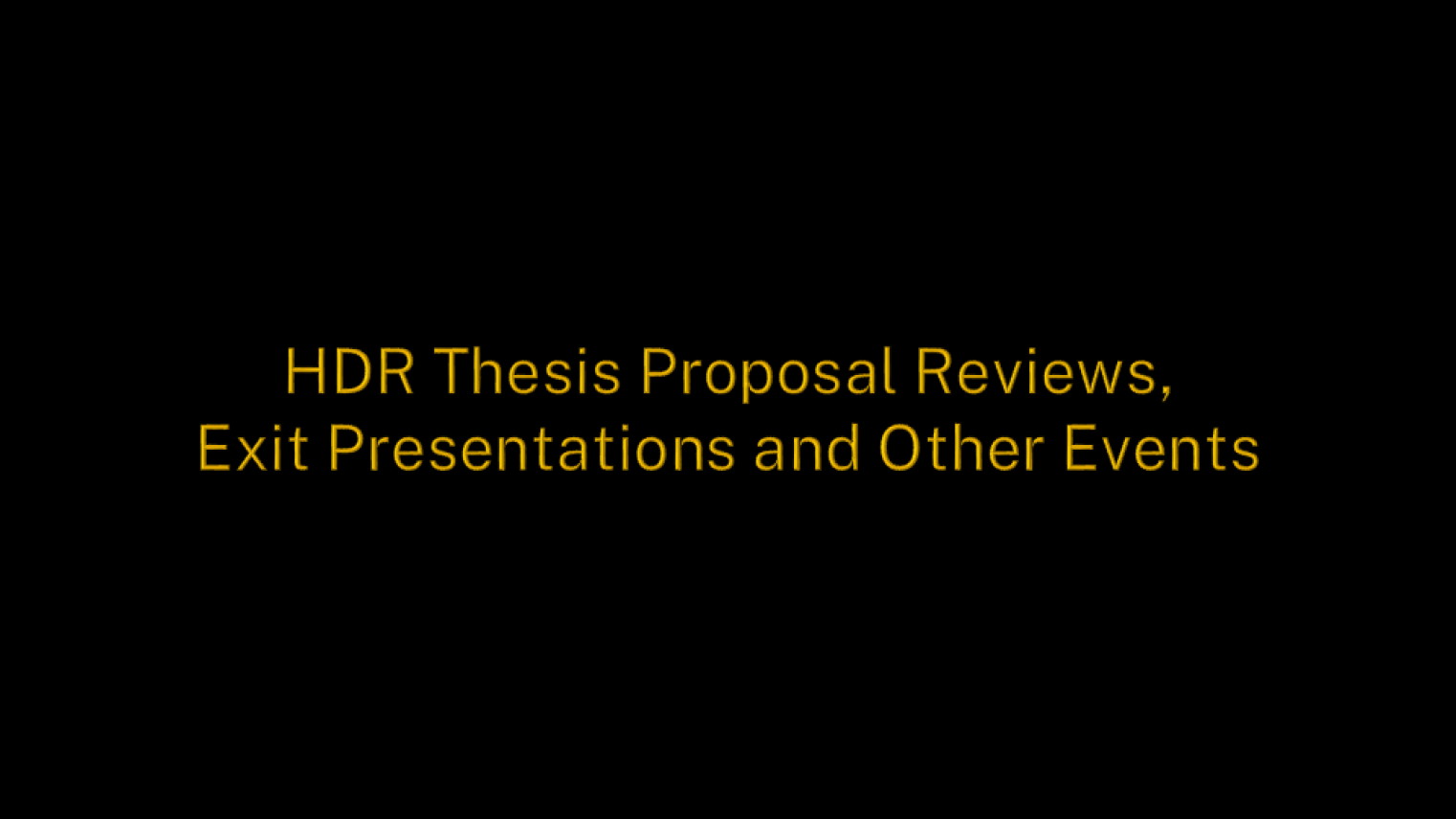The metaphor of ‘kastom roads’ is a common feature in the description of many Melanesian cultural systems. The ways in which ‘roads’ signal allegiances, facilitate connections and broker negotiations between political communities offer insights into vernacular diplomacies that have endured from periods prior to European contact through to contemporary practice. However, the reproduction of vernacular diplomacies in state-led diplomatic settings and spaces for kastom ways of engaging between different groups across boundaries – from local to international arenas – are little understood. This thesis proposes to challenge the state-centric definition of diplomacy in Pacific and Melanesian contexts, using multicultural, pluralistic Vanuatu as a research focus. Through the development of case studies, the thesis aims to understand conceptualisations of kastom at scale, and its practice across boundaries, to identify models of vernacular diplomacies.
Amongst the questions to be addressed in this thesis are the following: How do Vanuatu/Melanesian cultural systems manage inter-community relationships and engage with each other at their boundaries, at a range of scales, from community to island, and more recently from province to state? How have scale and group identity been historically conceptualized, and how does this shape contemporary group relationships? What are the principles and structures that have generated or allowed for peaceful relationships and the resolution of conflict within and between Vanuatu/Melanesian societies? How might these models help to understand vernacular forms of diplomacy, and can these be scaled to provincial and state-based levels to meet the demands of inter-community and trans-boundary negotiations?
Anna suggests that the concept of ‘kastom roads’, employed in many Melanesian cultural systems, provides a useful framework for understanding the way in which inter-group allegiances and connections are brokered across different types of political boundaries. This has implications for a more comprehensive understanding of diplomacy in the Pacific.
About the Speaker
Anna Naupa commenced her PhD at the School of Culture, History and Language (CHL) in 2022. Her PhD project is supervised by Chris Ballard of the ECDI/ANU. As a ni-Vanuatu woman who has professionally worked across culture, history and diplomatic fields, both internationally and locally with her paternal island community of Erromango in southern Vanuatu, Anna’s research focuses on understanding how indigenous cultural systems and structures facilitate peaceful inter-community and trans-boundary relationships, and mediate conflict, at a range of scales from community to island, and nation to neighbour, in Vanuatu. By privileging local voices in indigenous traditions of diplomacy in Vanuatu, Anna hopes to broaden academic understanding of the evolution and diversity in concepts of indigenous Melanesian diplomacies.
Anna holds a Masters in Public Administration from the Harvard Kennedy School at Harvard University (2014) and an MA in Geography from the University of Hawai’i, Manoa (2004). Her MA thesis on plural land tenure systems in Vanuatu contributed to national land law reforms, enhancing safeguards for customary governance systems. She also holds a BA (Hons.) in Geography and Anthropology from the University of the Hawai’i, Hilo (2001).
Event Speakers

Anna Naupa
Anna Naupa commenced her PhD at the School of Culture, History and Language (CHL) in 2022. Anna’s research focuses on understanding how indigenous cultural systems and structures facilitate peaceful inter-community and trans-boundary relationships, and mediate conflict, at a range of scales from community to island, and nation to neighbour, in Vanuatu.
